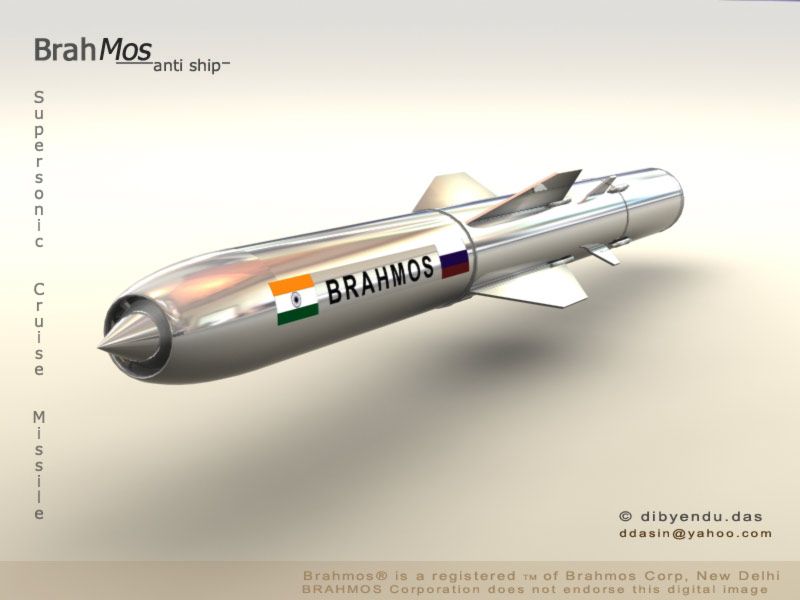Re: The Rise of the Russian Empire: Russo-Armenian Relations
I haven't forgotten, it's just that I don't think you can compare the two. When I said "bastion of Christianity" I meant it in the sense that Russia today is a massive superpower that clearly identifies itself (at least culturally) as Orthodox Christian. This alone will have great sociopolitical implications and will prove to have a massive impact upon Christian identity in Eurasia. Based on what I have been able to observe, in some respects, Christian/Orthodox culture is making a much faster comeback in Russia than in Armenia. There is even a relatively large society of militant Orthodox Christians emerging in Russia. There are various sociological reasons for this. Nevertheless, Orthodox Christianity in Russia (historically the scourge of Islam and Judaism in Eurasia and the foundation Russian identity) is gradually getting stronger throughout the Russian Federation. This is because the central authorities in Moscow have realized that the best defense against the incessant attacks against Russian society by globalism, western secularism, Judaism and Islam is to rekindle the flames of Russian Orthodoxy, which as I said earlier is integral to Russian identity. Incidentally, Vladimir Putin has been at the very forefront of promoting Christian Orthodoxy and the strengthening of the Russian Orthodox Church throughout the world. One of the great longterm consequences of this may be seen in the eventual union of various Orthodox societies in the region.
Originally posted by Armanen
View Post














Comment